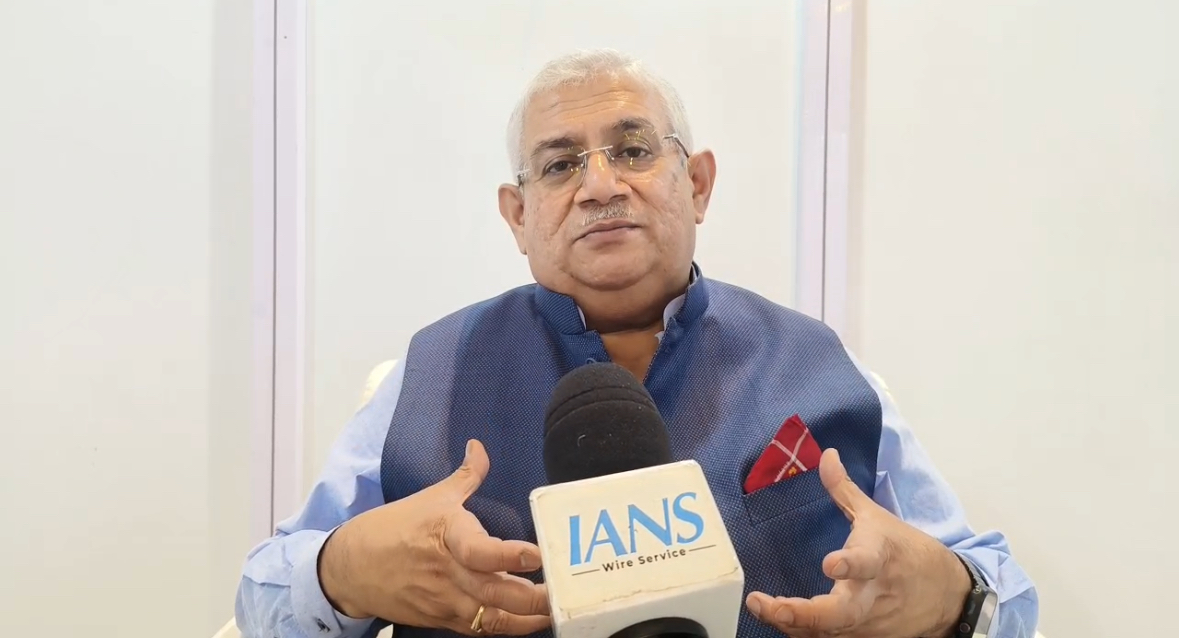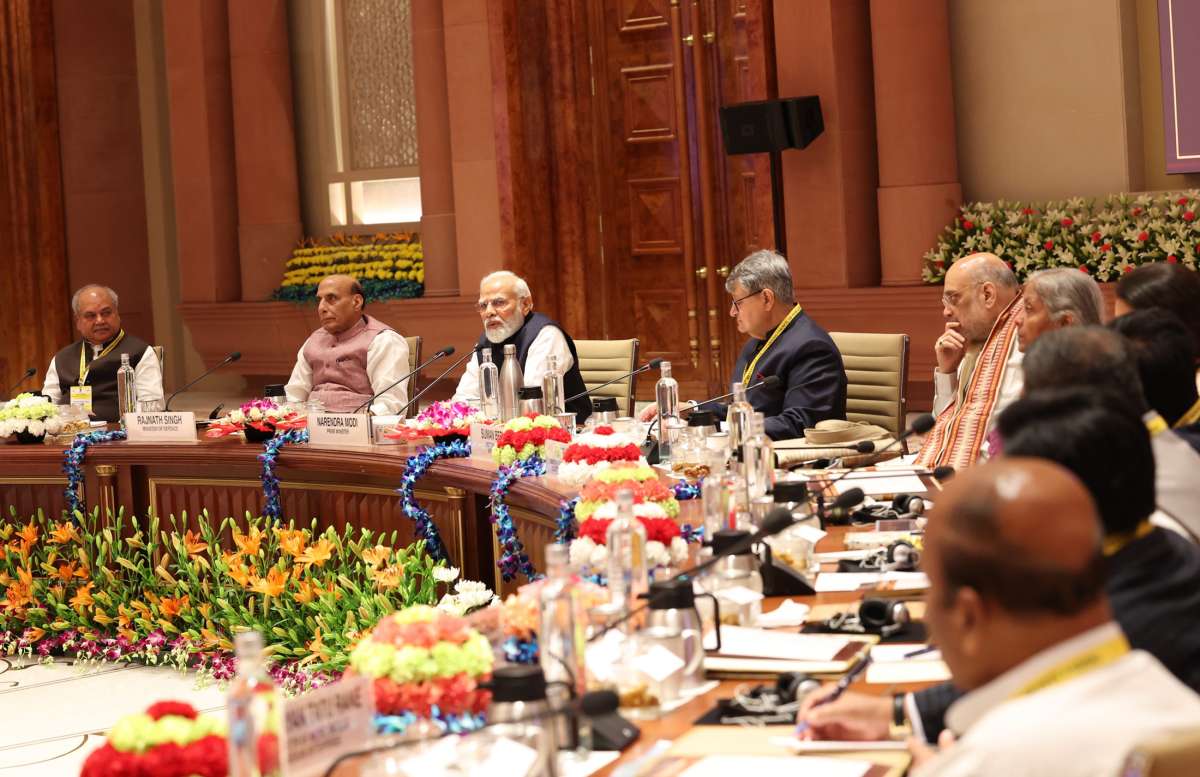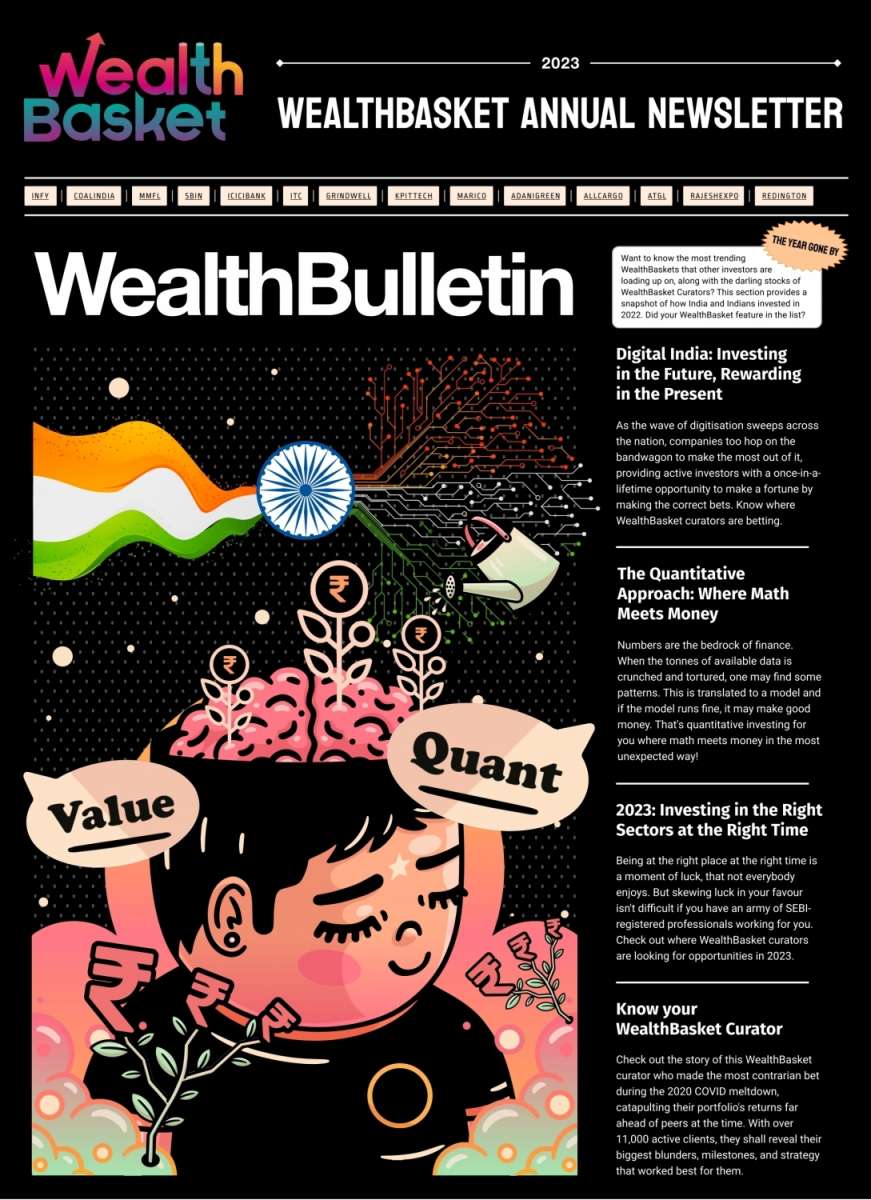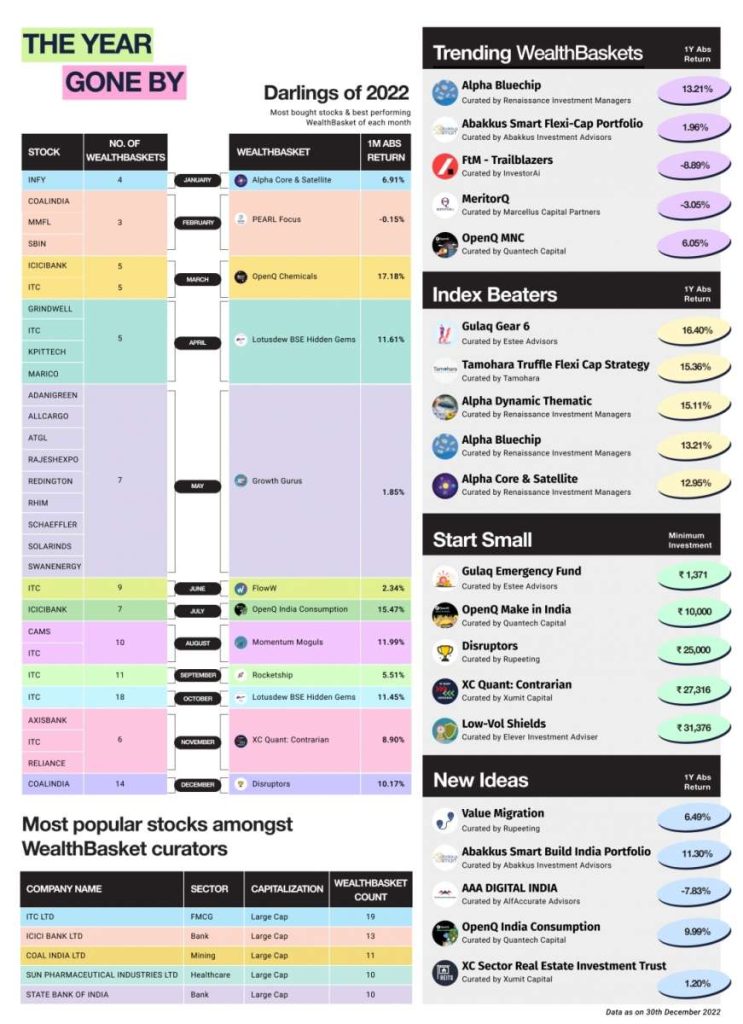AI also needs to be transparent, and explainable, and it needs to be free from any bias…says Sandip Patel
The Digital India movement is the foundation for moving towards a Viksit Bharat, said Sandip Patel, Managing Director of IBM India.
In an interview, Patel said the country is witnessing this with the government’s significant investments in frontier technologies like AI, semiconductors, and quantum technologies. Here are some excerpts from the interview:
How can India become the AI capital of the world?
Patel: We are already seeing a huge amount of experimentation with AI in India. We recently did an AI adoption index survey globally and found that 59 per cent of Indian enterprises — the highest among all the countries surveyed — said that they were experimenting or deploying AI within their enterprises in some way, shape, or form.
So we are already ahead in terms of adopting and using AI in our businesses. Further, looking at the demographic dividend that exists in India, if we can skill that human capital in AI, and also the new skills that are going to be required to deploy AI at scale, I think we can make India the AI capital of the world. This will not only be in terms of scaling AI responsibly but also being the net exporter of AI skills for the world.
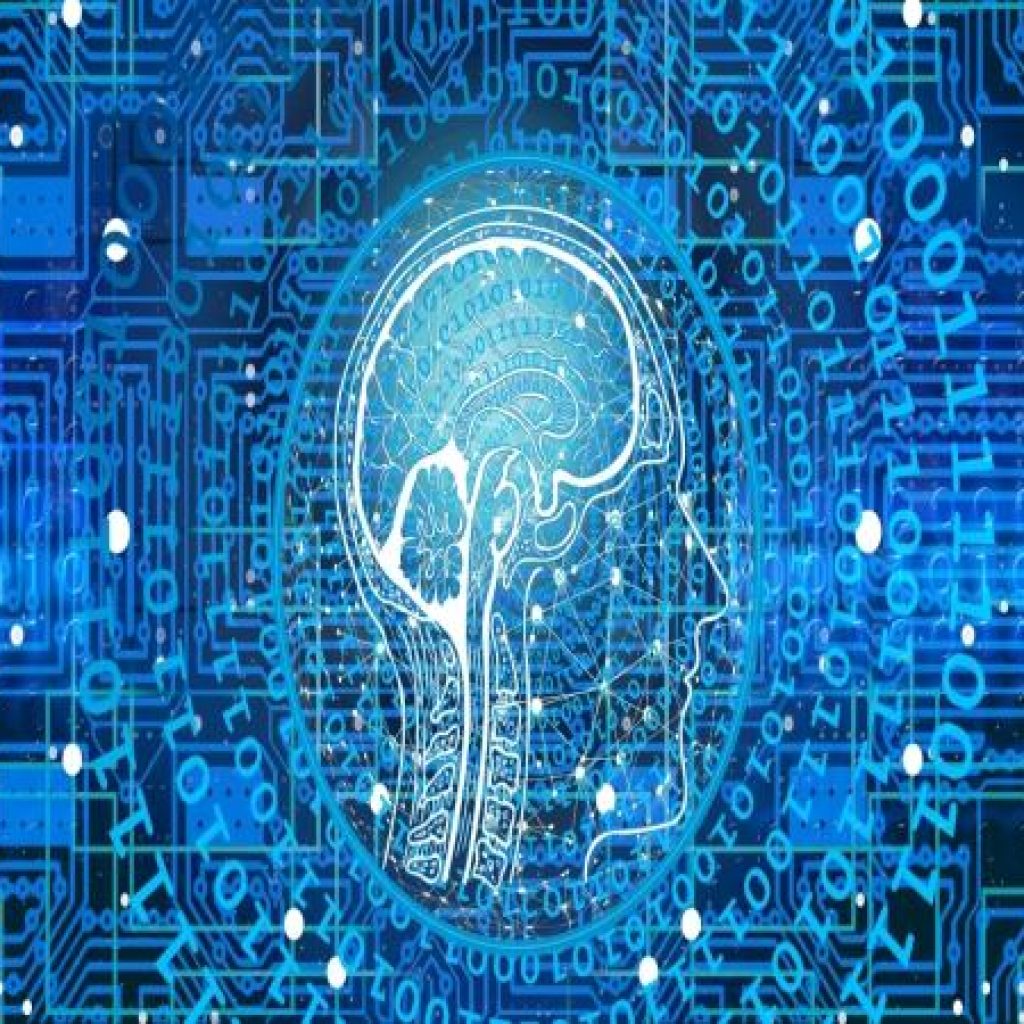
How can the industry help develop safe and responsible AI?
Patel: Trust is one of the key elements that is a hindrance today in the scaling of AI. During the AI adoption index survey, Indian CEOs pointed out trust as a factor in why they were not moving from experimentation to scale.
So this is where responsible AI becomes very critical. This means that when we are creating use cases using AI, we are thinking very carefully about data stewardship.
We also have to think about AI as augmented intelligence, because it can help in making better decisions and increase productivity.
AI also needs to be transparent, and explainable, and it needs to be free from any bias.
If we can do that effectively, both through regulation and how we are deploying AI, that will lead to the right form of responsible AI that we can scale for enterprises as well as for citizen services.
How do you look at India’s digital transformation under PM Modi?
Patel: The Prime Minister has rightly said that the whole movement around digital India is going to be the foundation for moving towards a Viksit Bharat.
We are already seeing that with the investments that the government has outlaid in terms of focus on technologies, like AI, semiconductors, and quantum technologies.
I think this focus on using technology for both commercialisation, as well as citizen services, collectively will continue to move us towards the vision of Viksit Bharat.
Any further investments and hiring plans for India?
Patel: So we continue to operate as a microcosm of the IBM Corporation here in India, which means that in addition to having a very healthy IBM domestic business, we have all of our global missions represented in India.
We are continuing to focus on innovating in India, for India and the world, and we will continue our growth trajectory in India ahead of the market. We have been doing that for the last several quarters, several years. We will continue to do that going forward.
ALSO READ: Is Zerodha Facing a Major Revenue Hit?

